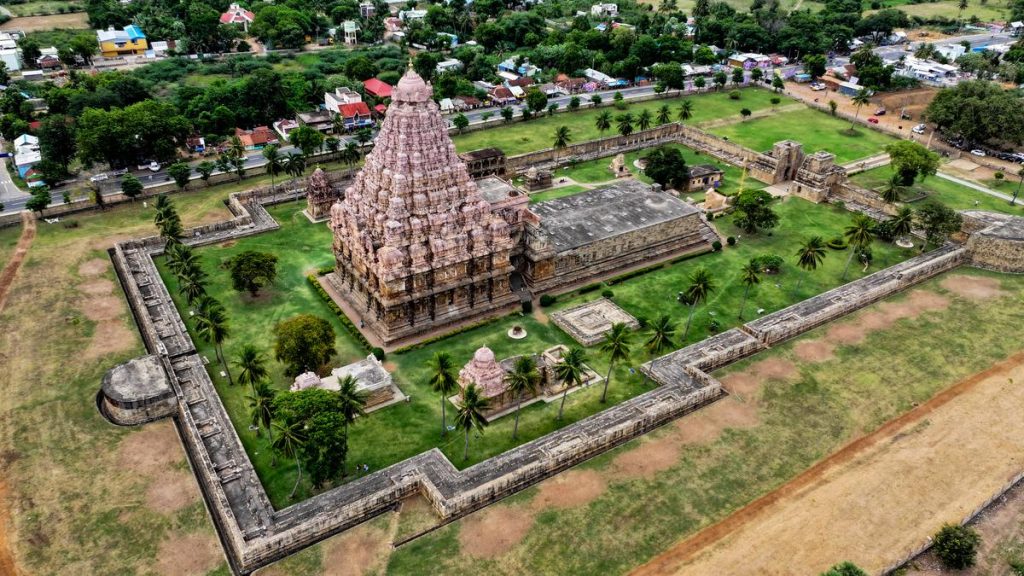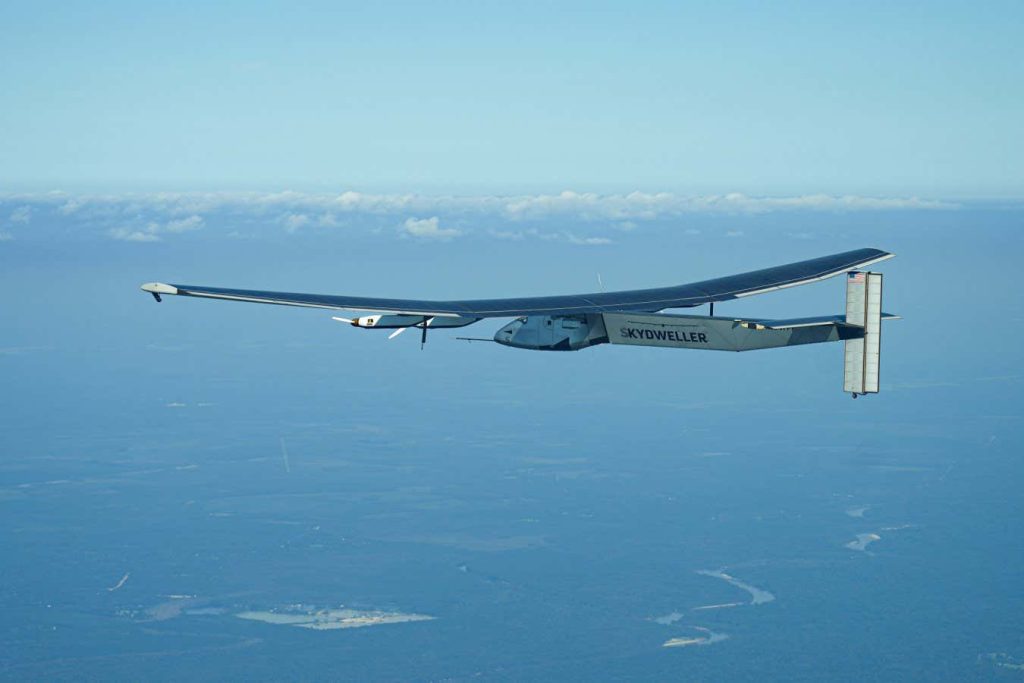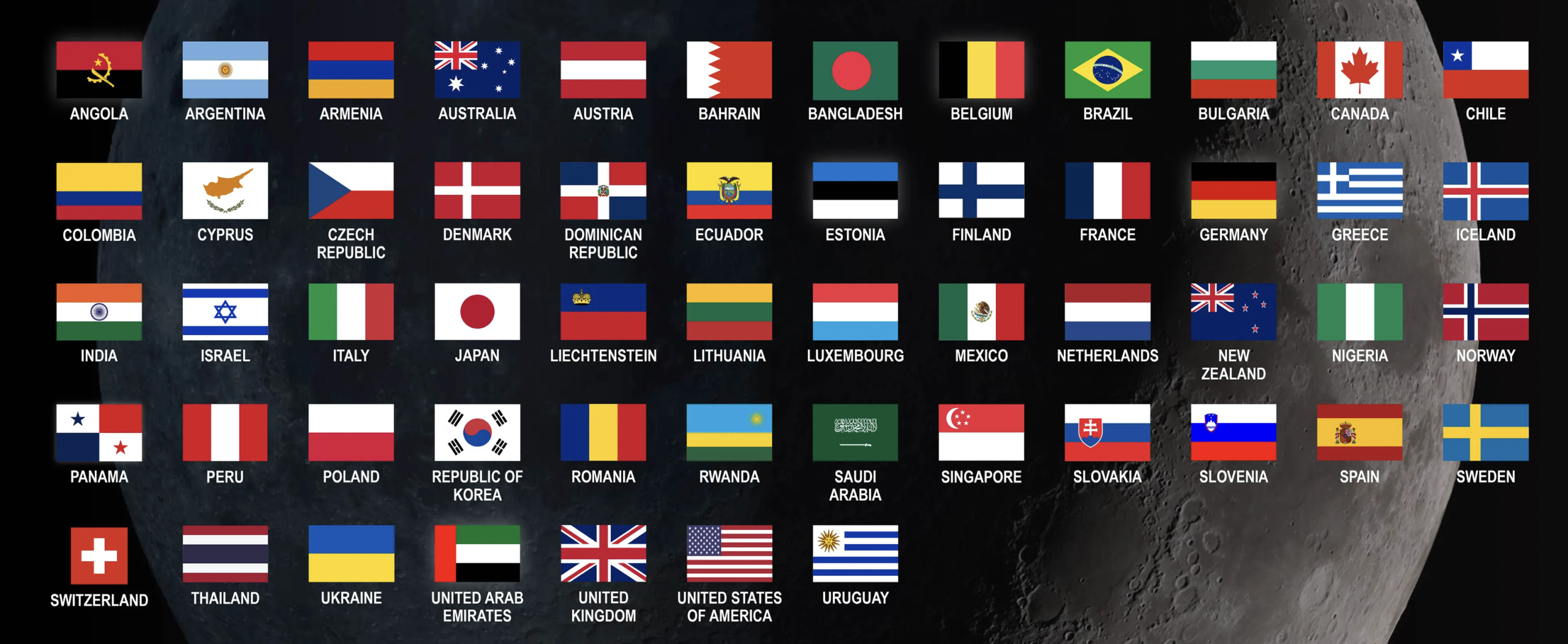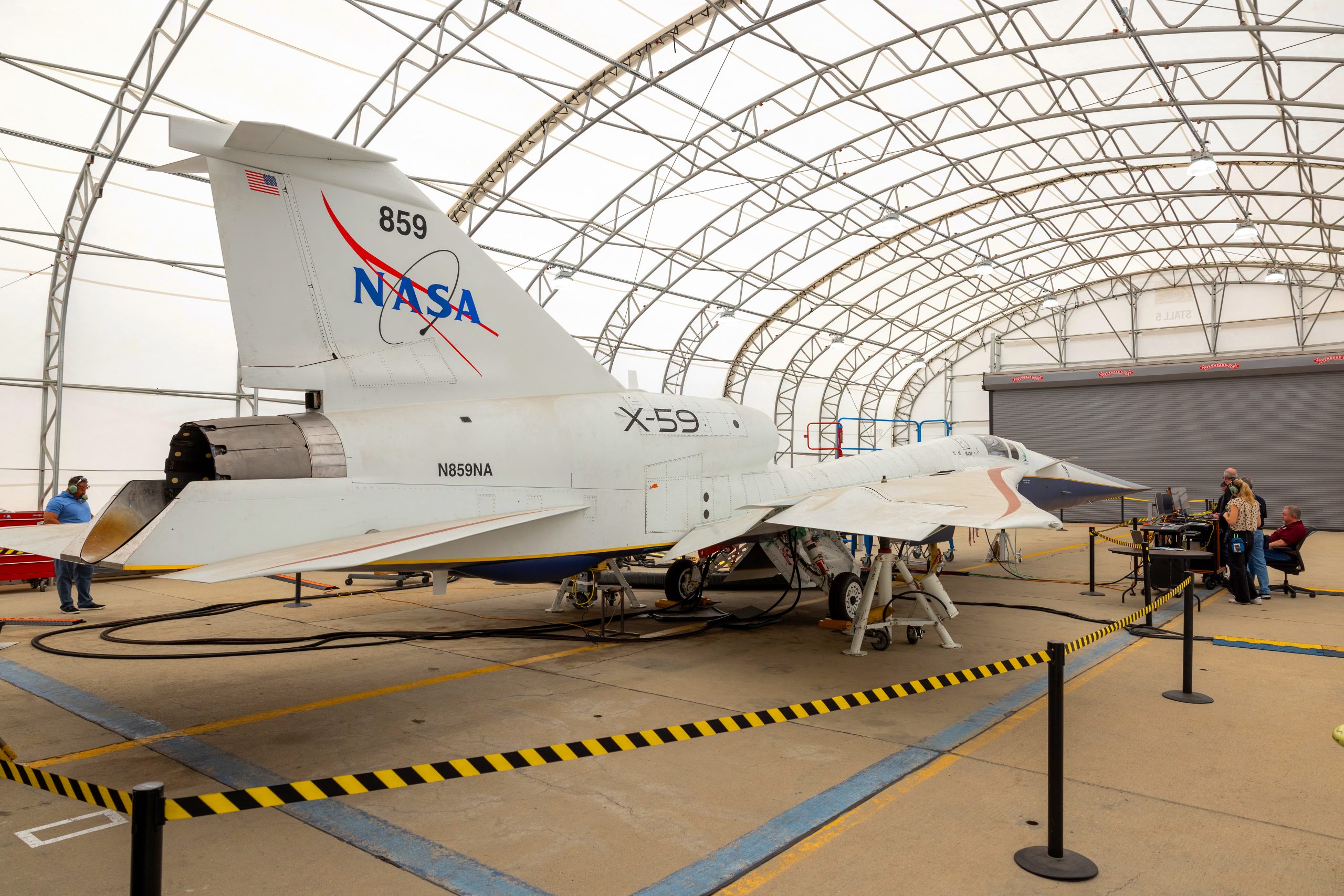Now Reading: Top Honor Won in Lunar Mapping Challenge for Moon’s Virtual Surface Exploration
-
01
Top Honor Won in Lunar Mapping Challenge for Moon’s Virtual Surface Exploration
Top Honor Won in Lunar Mapping Challenge for Moon’s Virtual Surface Exploration
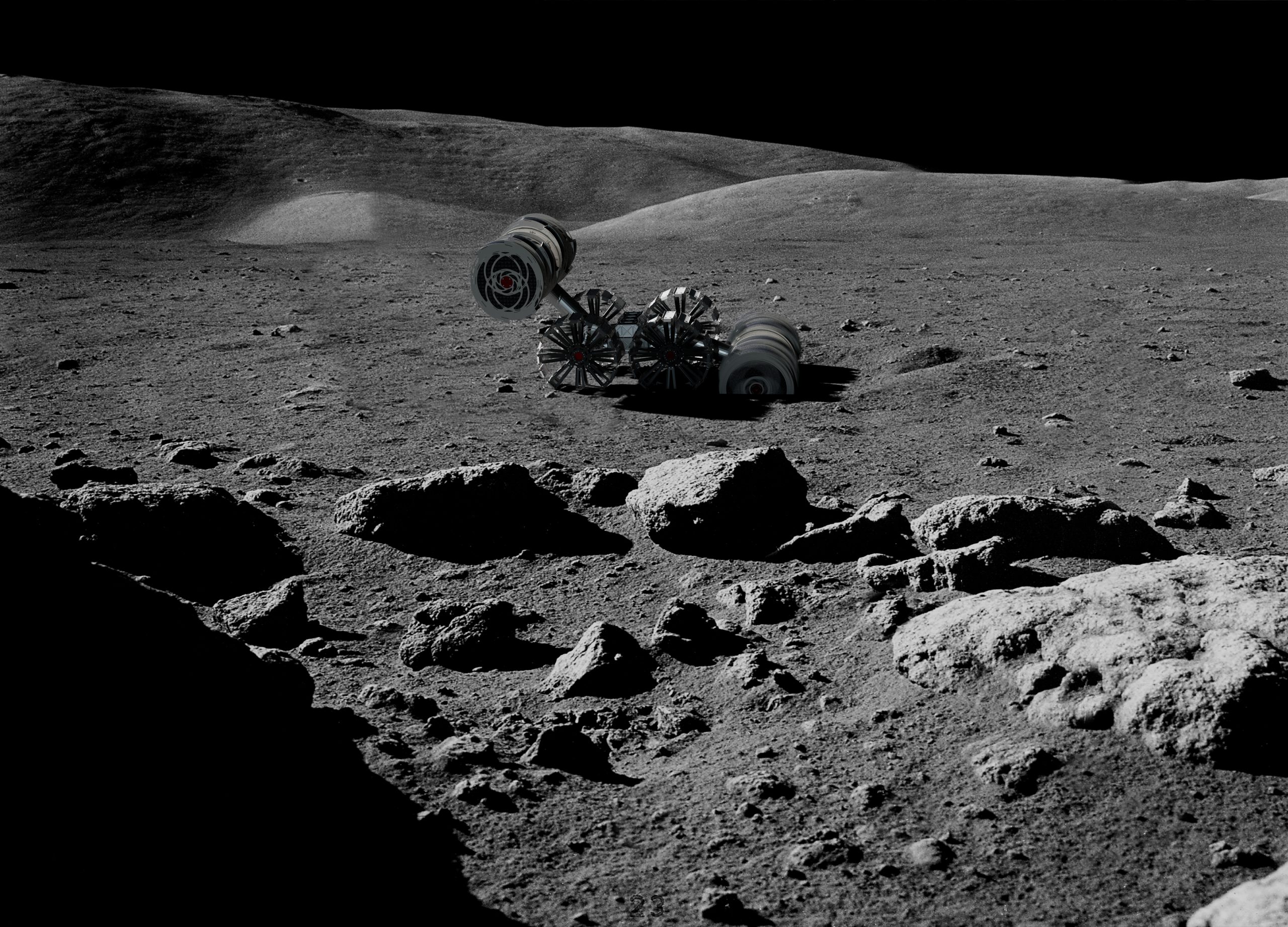
quick summary
- NASA’s Lunar Autonomy Challenge aimed to develop autonomous software capable of mapping and exploring a digital twin of the lunar surface using NASA’s In-Situ Resource Utilization Pilot Excavator (IPEx).
- Stanford University’s NAV Lab team won first place,demonstrating advanced autonomous navigation,obstacle identification,and energy management capabilities.
- The competition spanned six months and involved 31 student teams from U.S. colleges and universities.
- Participants gained hands-on experience in software progress, autonomy systems, technical writing, teamwork, and project management.
- The initiative supports NASA’s Lunar Surface Innovation Initiative (LSII) focused on accelerating technology for lunar exploration by fostering collaboration between academia,government agencies,and industries.
- NASA collaborated with Johns Hopkins Applied Physics Laboratory (APL), Caterpillar Inc., and Embodied AI to modernize simulation tools used for the challenge.
- Other top finalists included MIT’s MAPLE team (second place) and Carnegie Mellon University’s Moonlight team (third place).
Indian Opinion Analysis
The Lunar Autonomy Challenge highlights the growing focus on integrating artificial intelligence into space exploration. While India’s ISRO has traditionally excelled in resource-efficient missions such as Chandrayaan projects or Mangalyaan Mars Orbiter Mission, advancements like those showcased by Stanford resonate with India’s ambitions for future lunar efforts. As nations invest more in autonomous technologies to reduce human dependence during exploration, collaboration between private entities like Caterpillar Inc. or academic institutions could serve as a model for Indian agencies seeking innovative partnerships.
Further adoption of lunar digital-twin technology could accelerate mapping initiatives under India’s terrestrial or planetary goals while enabling low-cost optimization practices akin to those demonstrated here. Encouraging cross-disciplinary involvement within AI research ecosystems may be essential as India increasingly blends its space program aspirations with technological solutions tied directly back to Earth-based industries.





